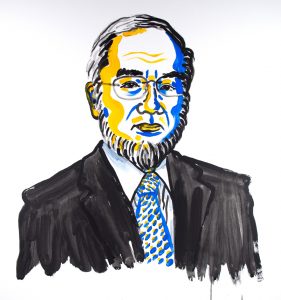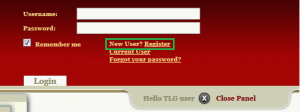This statement, written on behalf of the many library consortia across the world that participate in ICOLC (International Coalition of Library Consortia), and the individual libraries these consortia represent, has two purposes. It is intended to help publishers and other content providers from whom we license electronic information resources and purchase printed content (hereafter simply referred to as publishers) understand better how the current global COVID-19 pandemic affects the worldwide information community. Its second purpose is to suggest a range of approaches that we believe are in the mutual best interest of libraries and the providers of information services.
The ICOLC participating consortia consider the current crisis of such significance that we cannot simply assume that libraries and publishers share a common perspective about the magnitude of the crisis and the best approaches to cope with it. ICOLC members have been exchanging perspectives about how the global COVID-19 pandemic will impact consortia and their member libraries.
At this time according to UNESCO, partial or complete university and school closures in 49 countries have canceled or suspended classes for 391 million students.
Many college and university students will be completing the current academic term in an entirely on-line format, so the campus communities can practice social distancing as recommended by the World Health Organization and many other national and global health agencies.
We ask that Publishers immediately consider:
- Making any relevant content and data sets about COVID-19, Coronaviruses (regardless of species affected), vaccines, antiviral drugs, etc. currently behind subscription-only paywalls Open Access immediately to facilitate research, guide community public health response, and accelerate the discovery of treatment options.
- Removing and waiving all simultaneous user limits to an institution’s licensed digital content during this period when universities are going all online in order to allow research, discovery, and learning to proceed.
- Lifting existing contractual ILL restrictions or photocopying limits temporarily so that libraries may assist our students to complete their term.
- Allowing the maximum extent of copyright limitations, exception and fair use, even if contractually restricted, to enable institutions to continue their vital teaching missions as campuses transition to an online, remote format.
We ask that publishers begin planning to:
- Allow flexible renewal periods and lengthened payment due dates as we do not know the future impacts on health or business operations for either consortium staff who facilitate the renewal, or for the librarians at our member institutions. If the regular renewal cycle is disrupted, we ask that publishers keep access on for our member libraries, even though the consortium’s or institution’s current agreement may have expired.
- Delay or minimize any planned price increases until the upheaval and disruption that we are seeing in our user communities, public health systems, and stock markets all over the world calms. The financial impacts on institutions of higher education and the global economy are as yet unknown, and price increases will add even more pressure to already-stressed universities and municipalities. In stable times, standardized pricing and terms may work relatively well. But today, libraries will be under heavy pressure to divert financial resources to other areas of immediate concern within the institution or local government.
- Develop plans to temporarily lift paywalls or develop alternative methods of authentication to allow access to subscribed content if traditional campus authentication mechanisms (VPNs, proxy servers) are overloaded under the increased traffic.
- Lift campus-only restrictions, so that teaching activities can continue online and remotely, despite University closures.
We encourage publishers to work together with consortia and libraries for the benefit of all communities. Library consortia are uniquely positioned to be the most effective and efficient means to preserve the customer base for publishers and create solutions that provide the greatest good for the greatest number.
It is in the best interest of both publishers and consortia to seek creative solutions that allows critical access to publisher content for the research and public health communities.
In combination, we suggest these approaches as a way to advance the conversations among libraries, consortia, and publishers, who all hope to provide as much information as possible to the users who need it. We believe our recommendations provide a solid foundation for the information community, including the publishers of scholarly information, to go forward together in these difficult times.
We want to express appreciation to the information services community for steps they are taking to address the global crisis.
Contact Persons:
ICOLC Coordinating Committee Members:
- Rick Burke, Chair (2018-2021), Statewide California Electronic Library Consortium | SCELC | USA
- Anita Cocchia (2019-2022), British Columbia Electronic Library Network | BC ELN | Canada
- Teri Gallaway (2018-2021), The Louisiana Library Network | LOUIS | USA
- Lucy Harrison (2019-2022), GeorgiA LIbrary LEarning Online | GALILEO | USA
- George Machovec (2017-2020), Colorado Alliance of Research Libraries | Colorado Alliance | USA
- Sandrine Malotaux (2018-2020), Consortium unifié des établissements universitaires et de recherche pour l’accès aux publications numériques | Couperin | France
- Patrick Peiffer (2020-2022), Consortium Luxembourg | Luxembourg
- Pim Slot (2020-2022), SURFmarket | UKB | The Netherlands
- Glenn Truran, South African National Library and Information Consortium | SANLiC | South Africa
- Celeste Feather, ex officio for administration, LYRASIS | USA
About ICOLC:
The International Coalition of Library Consortia (ICOLC) is an informal, self-organized group currently comprising approximately 200 library consortia in North and South America, Europe, Australia, Asia, and Africa. The member consortia serve all types and sizes of libraries. ICOLC has been in existence since 1996.
ICOLC supports participating consortia by facilitating discussion on issues of common interest. Twice per year ICOLC conducts meetings dedicated to keeping participating consortia informed about new electronic information resources, pricing practices of electronic information providers and vendors, and other issues of importance to directors, governing boards, and libraries of consortia. From time to time ICOLC also issues statements regarding topics which affect libraries and library consortia.
More information about ICOLC can be found at http://www.icolc.net.
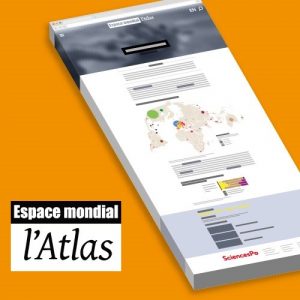
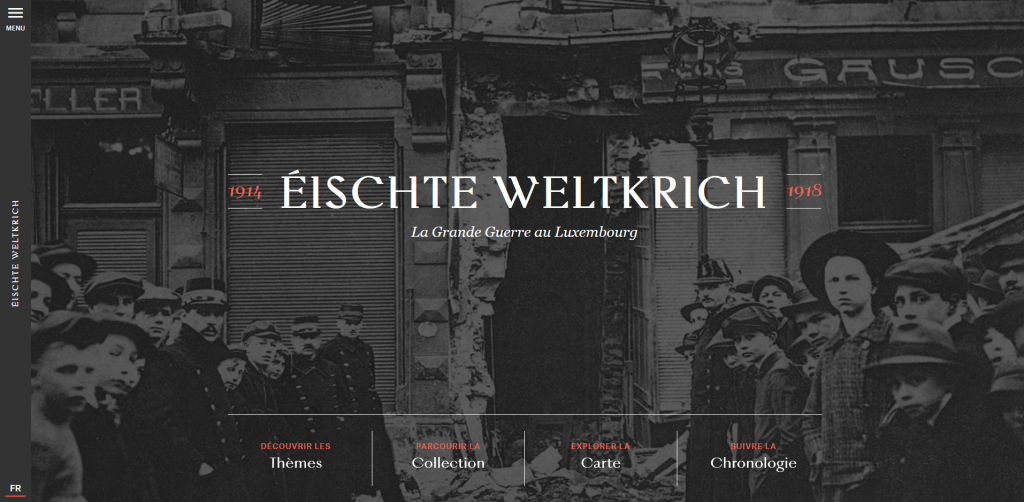
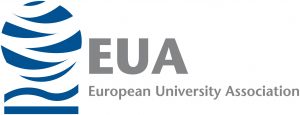 The European University Association (EUA) has published the outcomes of its first Big Deals Survey, an original initiative pursued by the association to gather more information about large scientific publishing contracts from the perspective of universities (known as ‘Big Deals’).
The European University Association (EUA) has published the outcomes of its first Big Deals Survey, an original initiative pursued by the association to gather more information about large scientific publishing contracts from the perspective of universities (known as ‘Big Deals’).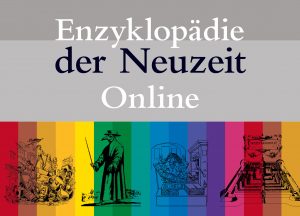 Ab sofort bietet das Consortium Luxembourg allen Inhabern einer Leserkarte der Nationalbibliothek Luxembourg, der Universität Luxembourg oder einem der Centres de Recherche LIH oder LIST Zugriff auf ein weiteres Nachschlagewerk: Die
Ab sofort bietet das Consortium Luxembourg allen Inhabern einer Leserkarte der Nationalbibliothek Luxembourg, der Universität Luxembourg oder einem der Centres de Recherche LIH oder LIST Zugriff auf ein weiteres Nachschlagewerk: Die 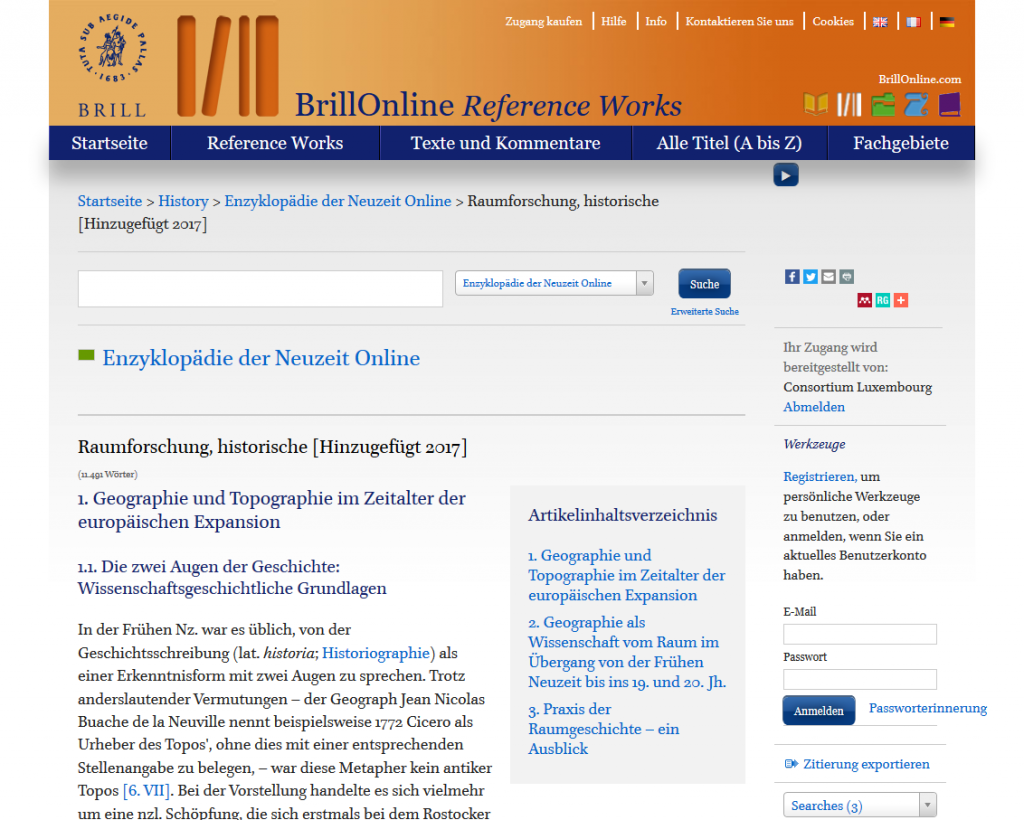
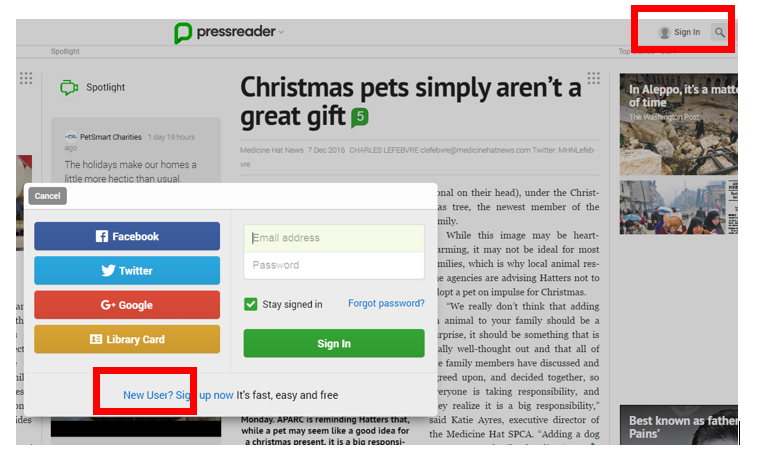
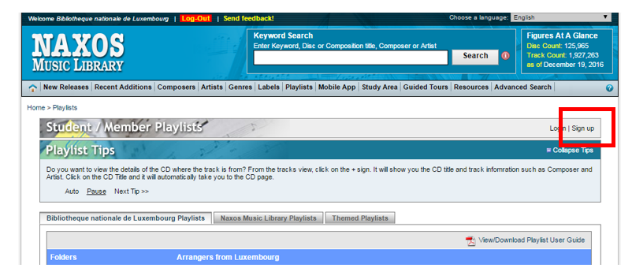
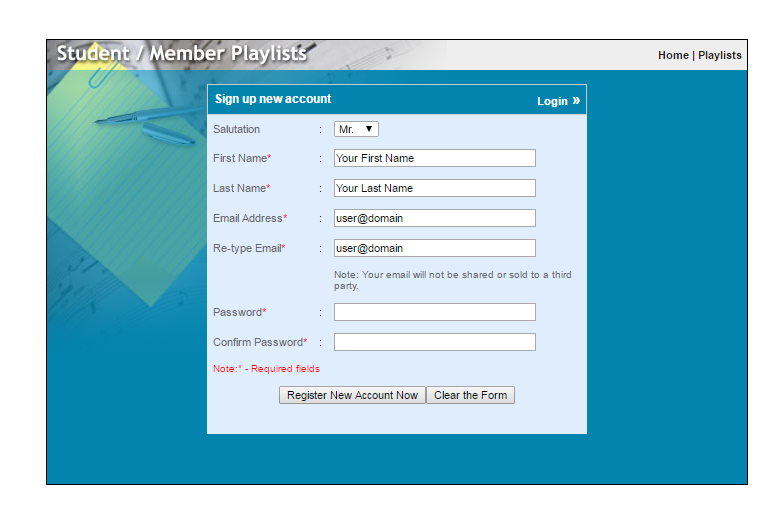
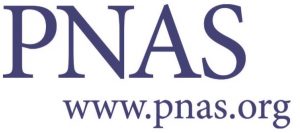 onsortium Luxembourg is happy to announce that we’re now offering access to
onsortium Luxembourg is happy to announce that we’re now offering access to 